42 aspartame on food labels
What is Aspartame (E951) in food? Uses, Safety, Side effects and More The purpose of aspartame in food is to reduce sugar and calories intake. And you may find it in many food, and here is a common food list that may with it: Carbonated soft drinks Powdered drink Instant coffee and tea beverages Fruit juice Tabletop sweeteners Dairy products Frozen desserts, puddings Yogurts Chewing gum Breath mints Candy Cereals Labelling requirements for sweeteners and foods that contain sweeteners ... Aspartame, sucralose, acesulfame-potassium and/or neotame labelling; Polydextrose labelling requirements; Sugar alcohols labelling requirements; Like all food additives, sweeteners must be declared in the list of ingredients of the prepackaged foods which they are present in [B.01.008(1)(b), FDR]. See Order of ingredients for more information.
Aspartame is not marketed as AminoSweet on food labels While a company that produces aspartame did rename its product for marketing purposes in 2010, this was a move by only one company manufacturing aspartame. On food labels, aspartame still...

Aspartame on food labels
Aspartame - Wikipedia Because aspartame contains a small amount of phenylalanine, foods containing aspartame sold in the US must state: "Phenylketonurics: Contains Phenylalanine" on product labels. [6] In the UK, foods that contain aspartame are required by the Food Standards Agency to list the substance as an ingredient, with the warning "Contains a source of ... Mandatory labelling of sweeteners - Labelling requirements for ... The following table outlines what must be declared on the labels of prepackaged products that contain aspartame, sucralose, acesulfame-potassium and/or neotame when present in a food or sold as a table-top sweetener [B.01.014, B.01.015, B.01.016, B.01.017, B.01.019, B.01.020, B.01.022, B.01.023, FDR]. Polydextrose labelling requirements Is Aspartame Poisoning Real? - Healthline Feb 11, 2020 · If you think you may be sensitive to the sugar substitute, be sure to read food and beverage labels and try to choose aspartame-free products. Last medically reviewed on February 11, 2020 How we ...
Aspartame on food labels. What is other names for aspartame - Food Additives & Ingredients ... Aspartame has many names, Aspartame is one of the most common artificial sweeteners in use today. It is sold under the brand names NutraSweet and Ajinomoto, Aspartame is made by joining together the amino acids aspartic acid and phenylalanine. Amino acids are the building blocks of proteins and are found naturally in many foods. Allergen declarations, warnings, and advisory statements on ... These plain English allergen labelling changes will help people find allergen information on food labels more quickly and easily so they can make informed and safe food choices. Food businesses have until 25 February 2024 to update their labels and train their staff so the information they give customers meets the new rules. Aspartame - Food Standards Aspartame is an intense sweetener added to low-energy or sugar-free foods. It is used in foods including yoghurt, confectionery and carbonated beverages. The safety of aspartame has been comprehensively reviewed by FSANZ and other international organisations, including: Food and Agricultural Organization/World Health Organization PKU, Allergies and Other Sensitivities - Aspartame Some of the reported side effects from aspartame that have been tested include headaches, nausea, dizziness, nasal congestion, eczema, asthma, mood changes and tingling, but research to date has not confirmed these associations even when aspartame was provided in amounts far greater than people typically consume.
Does Aspartame Cause Cancer? Aspartame is an artificial sweetener, sold under brand names such as NutraSweet® and Equal®, that has been in use in the United States since the early 1980s. It is used in many foods and beverages because it is much sweeter than sugar, so much less of it can be used to give the same level of sweetness. Additional Information about High-Intensity Sweeteners Labels of aspartame-containing foods and beverages must include a statement that informs individuals with PKU that the product contains phenylalanine. Acesulfame potassium (Ace-K) Acesulfame... Aspartame Products - Aspartame Aspartame Products Aspartame has been a sweetener in many low-calorie, sugar-free foods and beverages since the 1980's. Because aspartame is 200 times sweeter than sugar, less can be used to give the same level of sweetness. Thus, the use of aspartame lowers the calories in foods or beverages. 200 times sweeter than sugar All About Aspartame - Food Insight Aspartame is a type of low-calorie sweetener. It's produced from two common amino acids—aspartic acid and phenylalanine, each of which are found naturally in many foods including fruits, vegetables, meats and eggs. Aspartame contains calories—four calories per gram just like sugar.
WATCH OUT: Aspartame's New Name Tricks Consumers Into Eating The ... Alzheimer's Vomiting Chronic Fatigue Diabetes Joint pain Depression With over 6,000 foods on the market containing Aspartame, stay vigilant, and avoid the additive sweetener at all costs. One can easily do this by avoiding any food or drink that is labeled as "diet" or "sugar-free." Everything You Need to Know About Aspartame – Food Insight Dec 04, 2020 · Aspartame is about 200 times sweeter than sugar, and as such only a small amount of the sweetener is needed to match the sweetness provided by sugar. In tabletop packets and prepared foods and beverages, aspartame is often blended with other sweeteners or food components to minimize bitter flavors and enhance overall taste. MD-Health.com - Better Health Information from Doctors. MD-Health.com - Better Health Information from Doctors. Aspartame - Canada.ca For this reason, all foods containing aspartame must indicate on the label the presence of phenylalanine. An acceptable daily intake (ADI) of 40 milligrams/kilogram of body weight/day was established by scientists in the Food Directorate of Health Canada.
Why Does Aspartame Have a Warning Label? - Pediatric Education Aspartame (L-aspartyl-L-Phemethyl ester) is an artificial sweetener that metabolizes to Phe, L-aspartic acid and methanol. It was first discovered in 1965, and approved by the US Federal Drug Administration in 1981.
List of Aspartame Products - Drugsdb.com Read the food label of each product you take. Manufacturers are required to list all ingredients contained in every food product. Since tabletop sweeteners and condiments contain aspartame, majority of cooked foods you consume, regardless of whether you bought them from a fast-food or cooked them in your own kitchen, may contain aspartame.
Food additives | Food Standards Agency Food additives are grouped by what they do. The additives that you are most likely to come across on food labels are: antioxidants – these stop food becoming rancid or changing colour by reducing the chance of fats combining with oxygen; colours; emulsifiers, stabilisers, gelling agents and thickeners – these help to mix or thicken ingredients
A List of Foods Containing Aspartame | livestrong Aspartame is an artificial sweetener accidentally discovered by a scientist researching an anti-ulcer medication in 1965, according to the International Food Information Council Foundation. It's composed of two amino acids: aspartic acid and phenylalanine.
CFR - Code of Federal Regulations Title 21 - Food and Drug Administration The food additive aspartame may be safely used in food in accordance with good manufacturing practice as a sweetening agent and a flavor enhancer in foods for which standards of identity established under section 401 of the act do not preclude such use under the following conditions: ... The label of any food containing the additive shall bear ...
Sugar substitutes: Health controversy over perceived benefits A number of studies focused on the effects of aspartame on appetite/hunger and food intake,[44–46] as it has been suggested that aspartame may have modulating effects on these body responses, even resulting in the converse effect than that intended, namely obesity rather than body weight maintenance or loss. The National Experts have noted ...
Is Aspartame Poisoning Real? - Healthline Feb 11, 2020 · If you think you may be sensitive to the sugar substitute, be sure to read food and beverage labels and try to choose aspartame-free products. Last medically reviewed on February 11, 2020 How we ...
Mandatory labelling of sweeteners - Labelling requirements for ... The following table outlines what must be declared on the labels of prepackaged products that contain aspartame, sucralose, acesulfame-potassium and/or neotame when present in a food or sold as a table-top sweetener [B.01.014, B.01.015, B.01.016, B.01.017, B.01.019, B.01.020, B.01.022, B.01.023, FDR]. Polydextrose labelling requirements
Aspartame - Wikipedia Because aspartame contains a small amount of phenylalanine, foods containing aspartame sold in the US must state: "Phenylketonurics: Contains Phenylalanine" on product labels. [6] In the UK, foods that contain aspartame are required by the Food Standards Agency to list the substance as an ingredient, with the warning "Contains a source of ...
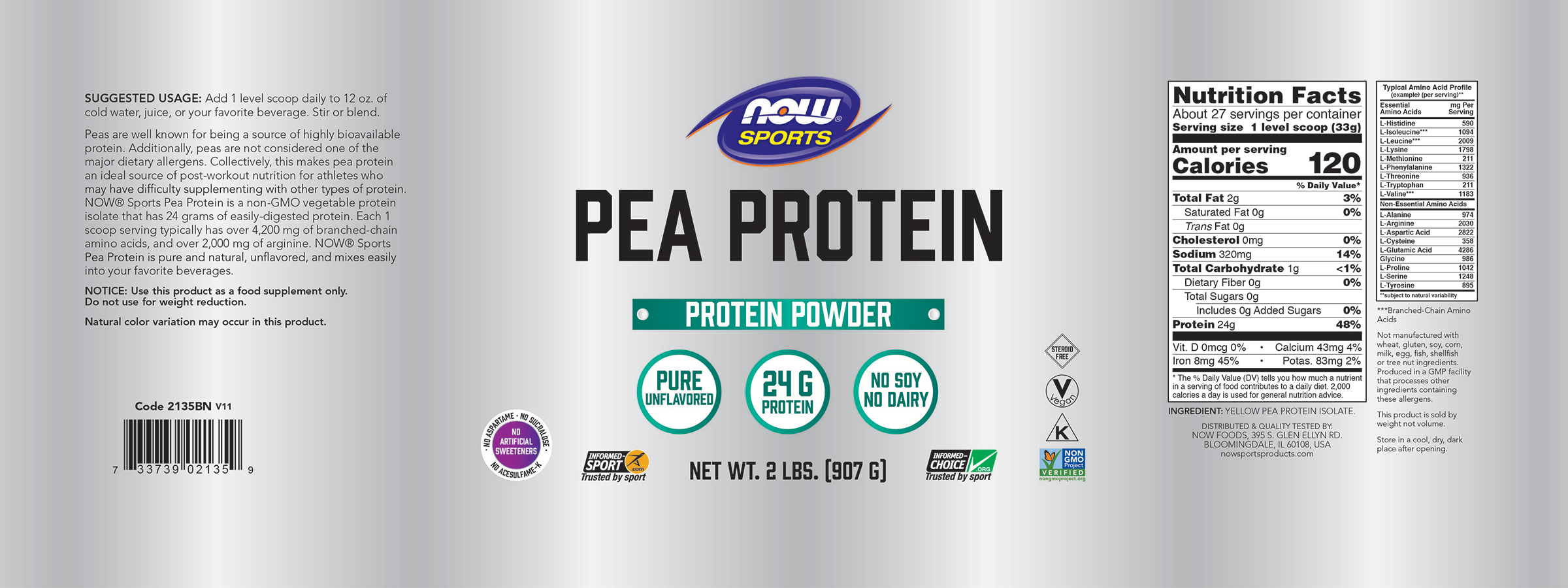

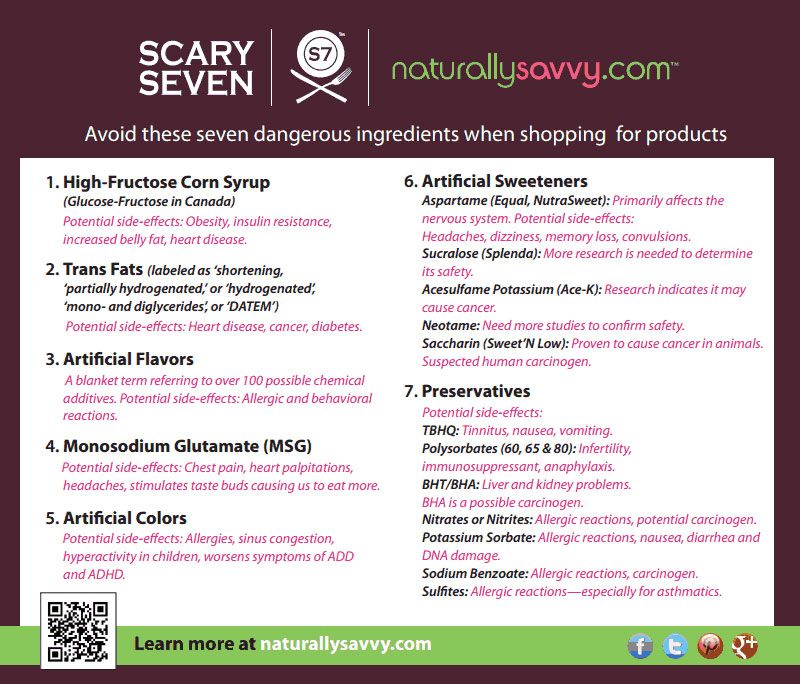
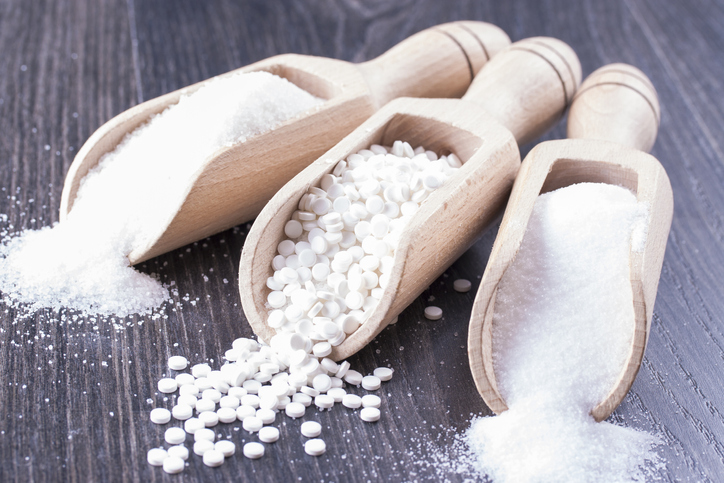
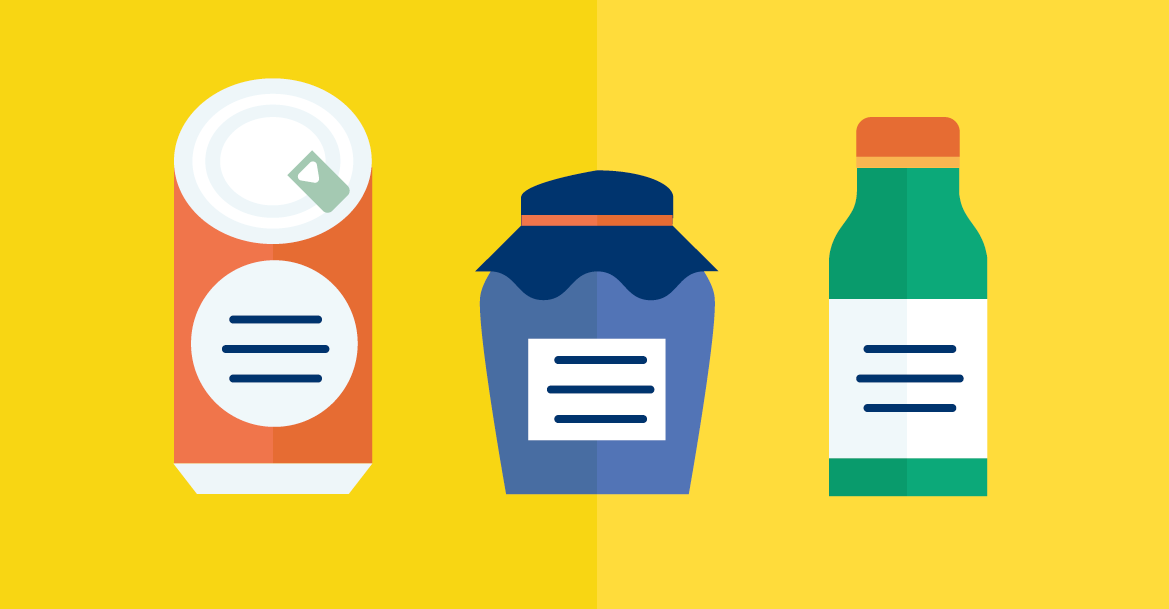





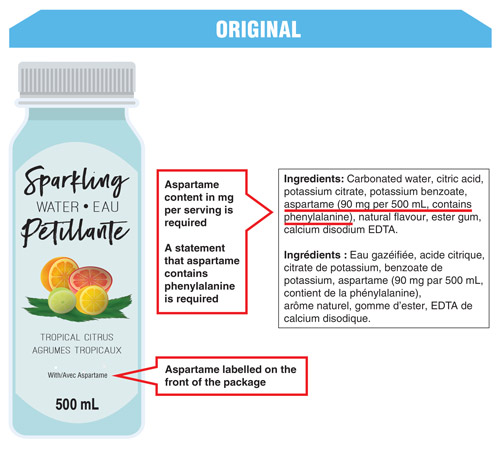

:format(jpg)/d2lnr5mha7bycj.cloudfront.net/product-image/file/large_88f1e1ca-7e1e-47dd-b527-cb2970aec129.png)



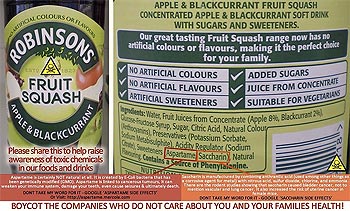
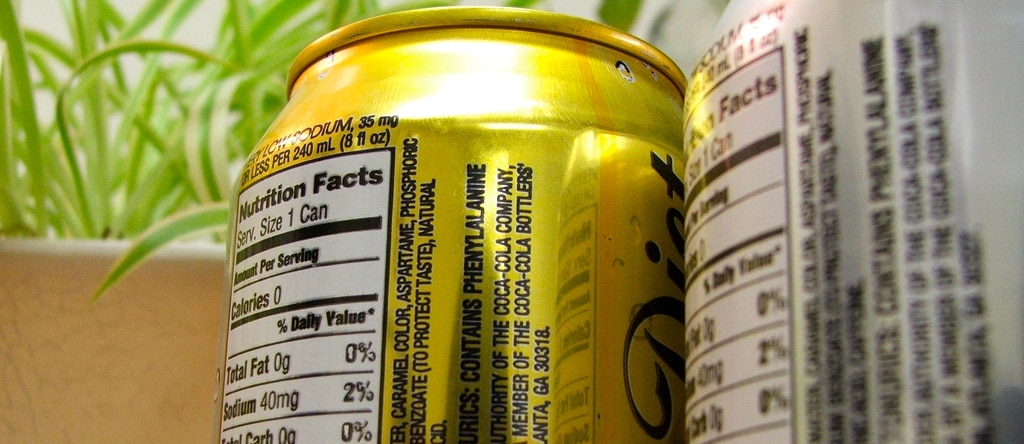
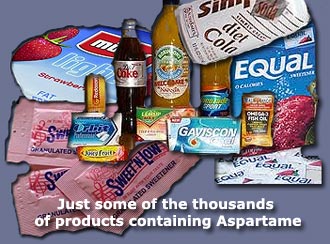




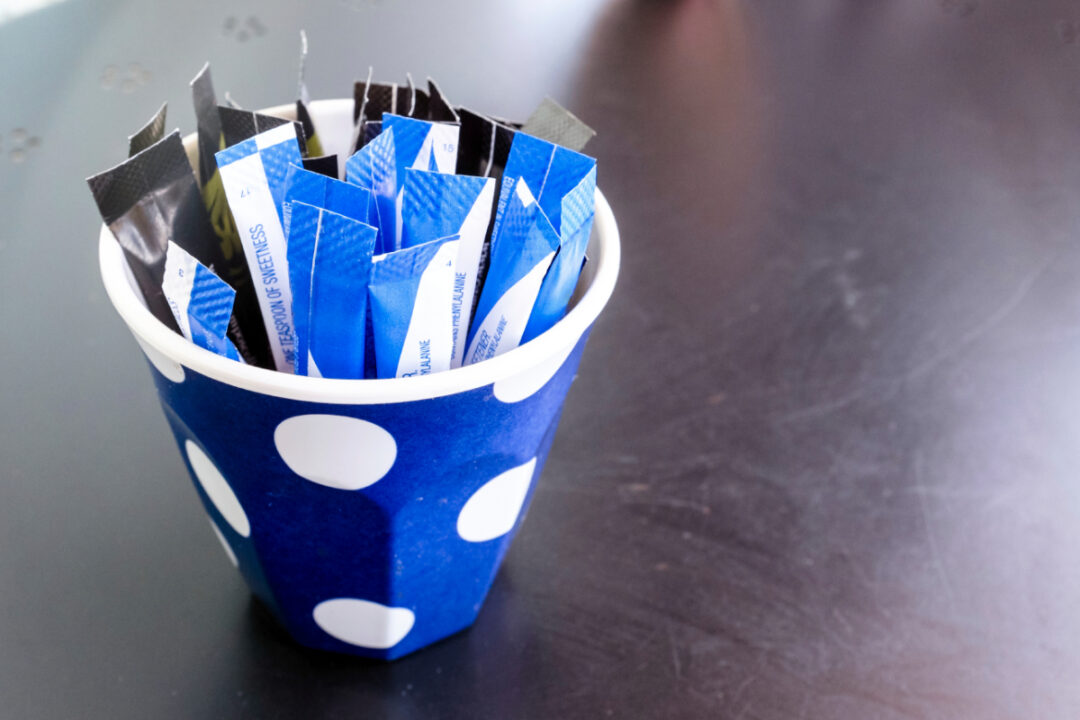






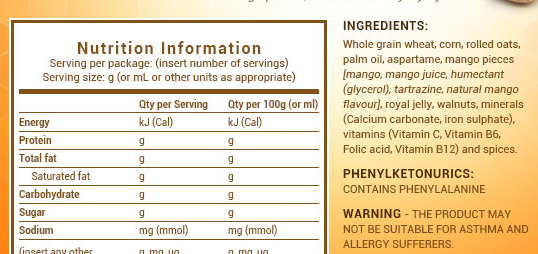



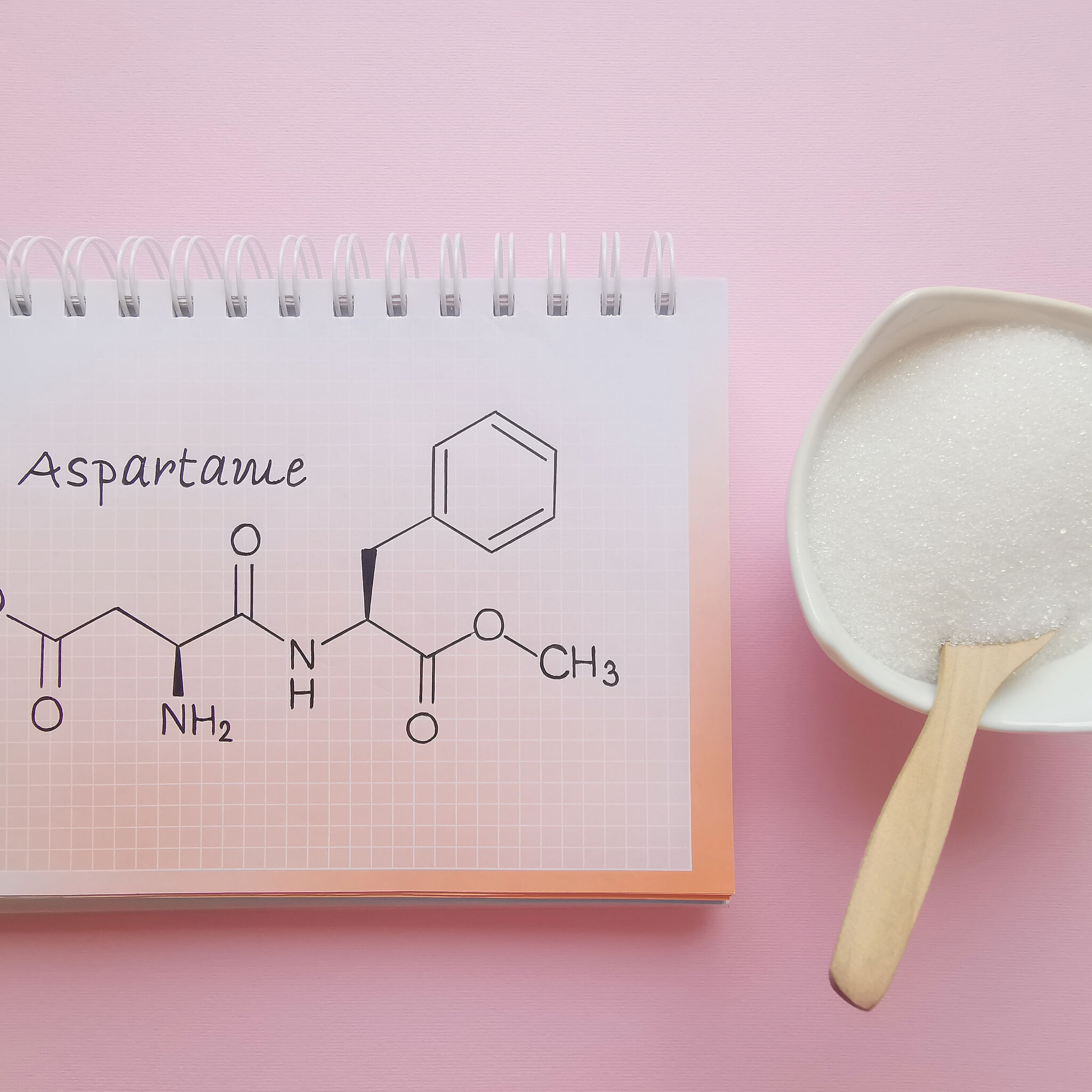
Post a Comment for "42 aspartame on food labels"